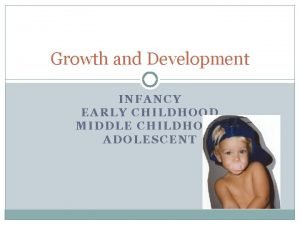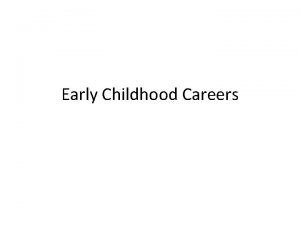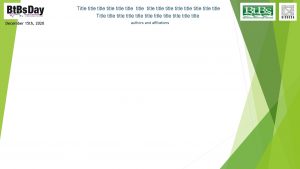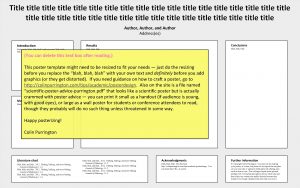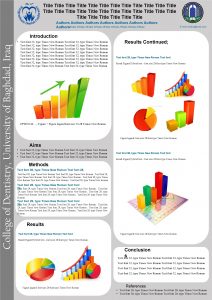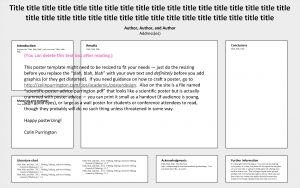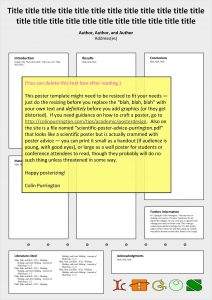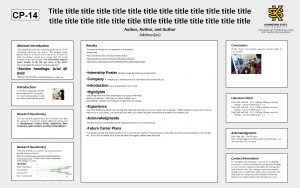COURSE TITLE EARLY CHILDHOOD EDUCATION UNIT 1 PART








- Slides: 8

COURSE TITLE: EARLY CHILDHOOD EDUCATION UNIT: 1 PART: I. 2 THEORIES OF DEVELOPMENT MS. IQRA ASIM B. ED (HONS) SPRING, 2020

LEARNING OUTCOMES • After completing this chapter, Students will be able to: • Understand the characteristics of developmental stages according to different theories. • Compare the views of different theories.

B. F. SKINNER’S OPERANT CONDITIONING • Operant Conditioning - is the type of learning in which behaviors are emitted to earn rewards or avoid punishment. “ Instrumental Learning” • Example of Operant Conditioning in classroom?

CONT. . • Skinner identified three types of responses, or operant, that can follow behavior. • • Neutral operants: responses from the environment that neither increase nor decrease the probability of a behavior being repeated. • • Reinforcers: Responses from the environment that increase the probability of a behavior being repeated. Reinforcers can be either positive or negative. • • Punishers: Responses from the environment that decrease the likelihood of a behavior being repeated. Punishment weakens behavior.


KEY POINTS OF OPERANT CONDITIONING • Positive reinforcement, an element that acts as a reward, usually meets some basic needs or generates a pleasurable response. • Negative reinforcement, an element that generates a response of pain, displeasure or discomfort, acts as a punishment.

CONTI. .

Thank You
 Early childhood
Early childhood Professional development rockefeller college
Professional development rockefeller college Early childhood education and care directorate
Early childhood education and care directorate Trends in early childhood education
Trends in early childhood education Early childhood education in pakistan
Early childhood education in pakistan Early childhood education in bangladesh
Early childhood education in bangladesh Pedagogical leadership definition
Pedagogical leadership definition Associates in early childhood education jobs
Associates in early childhood education jobs Early childhood education barbados
Early childhood education barbados
